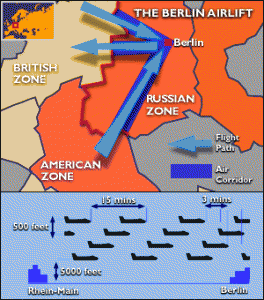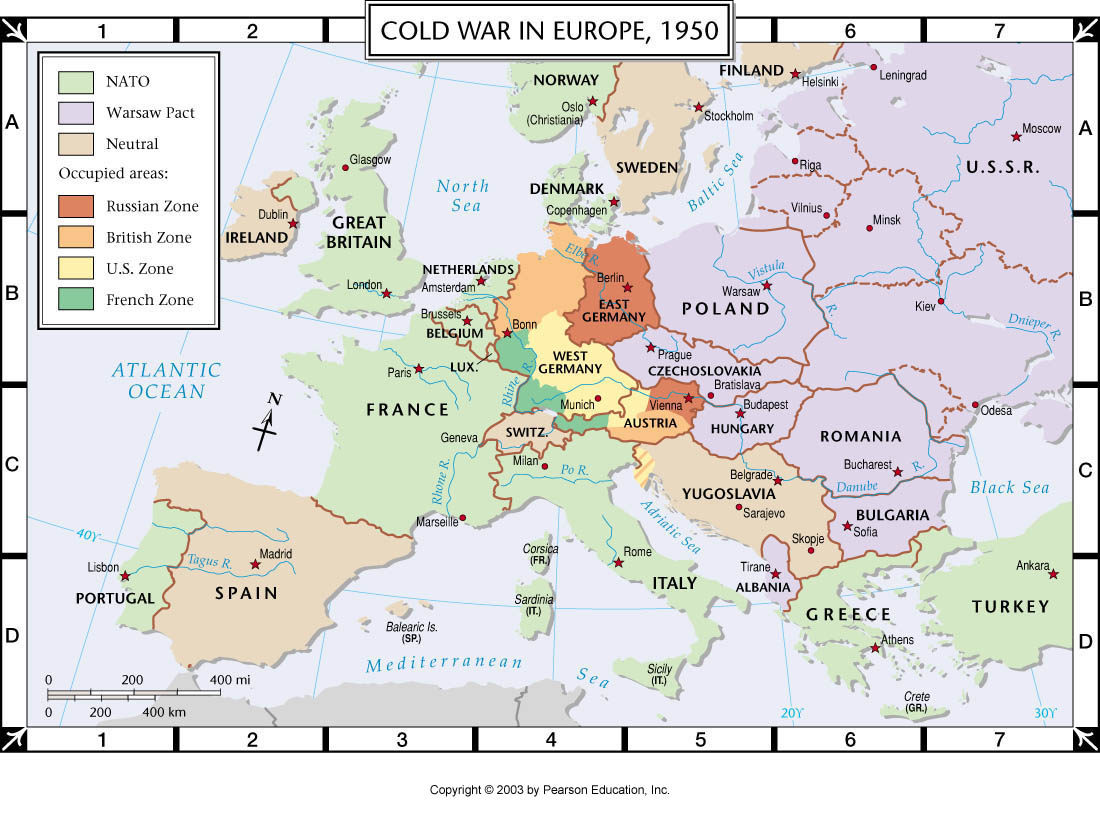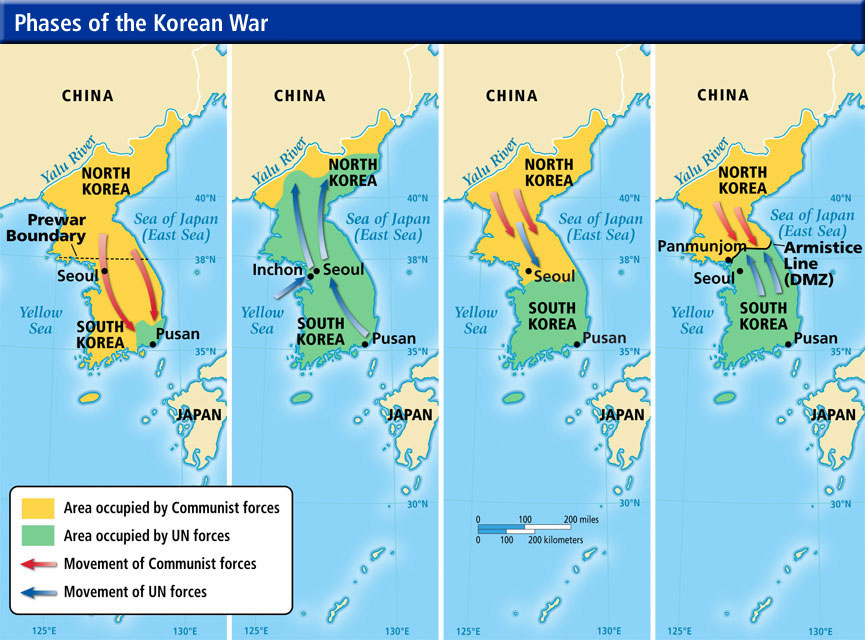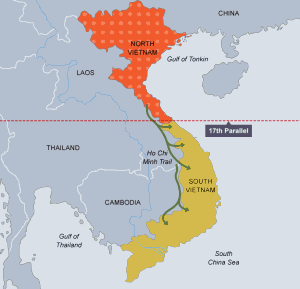AS well as listening to the audio notes below, make sure you check out notes on the sources that you could be asked about in GCSE History. CLICK ON THIS LINK NOW!
You are also very likely to be asked a question on the end of the Cold War. So make sure that you read through the revision guides on this link BEFORE YOU LISTEN TO THE AUDIO BELOW!
1) Origins of the Cold War
Audio clip: Adobe Flash Player (version 9 or above) is required to play this audio clip. Download the latest version here. You also need to have JavaScript enabled in your browser.
Download Now
2) Resisting Soviet Power in Europe during the 1950s and 1960s
Audio clip: Adobe Flash Player (version 9 or above) is required to play this audio clip. Download the latest version here. You also need to have JavaScript enabled in your browser.
Download Now
3) Containing Communism Outside Europe
3a) Korea
Audio clip: Adobe Flash Player (version 9 or above) is required to play this audio clip. Download the latest version here. You also need to have JavaScript enabled in your browser.
Download Now
3b) Kennedy and Cuba
Audio clip: Adobe Flash Player (version 9 or above) is required to play this audio clip. Download the latest version here. You also need to have JavaScript enabled in your browser.
Download Now
3c) Vietnam
Vietnam i: France Fails, America Enters the War
Audio clip: Adobe Flash Player (version 9 or above) is required to play this audio clip. Download the latest version here. You also need to have JavaScript enabled in your browser.
Download Now
Vietnam ii: LBJ’s War
Audio clip: Adobe Flash Player (version 9 or above) is required to play this audio clip. Download the latest version here. You also need to have JavaScript enabled in your browser.
Download Now
Vietnam iii: Nixon’s War
Audio clip: Adobe Flash Player (version 9 or above) is required to play this audio clip. Download the latest version here. You also need to have JavaScript enabled in your browser.
Download Now
4) Detente
Audio clip: Adobe Flash Player (version 9 or above) is required to play this audio clip. Download the latest version here. You also need to have JavaScript enabled in your browser.
Download Now
In 1969, Richard Nixon became US President and encouraged the use of diplomacy over military action. A policy of ‘détente’ (relaxation) was adopted towards the Soviets and, in 1972, the Strategic Arms Limitation Treaty was signed, prohibiting the manufacture of nuclear missiles.
Tensions rose under Ronald Reagan’s presidency, as he sought to rid the world of Communism, but the new Soviet Premier, Mikhail Gorbachev, was a much more willing diplomatic partner. In 1989, the Berlin Wall was finally ripped down after nearly three decades, and Gorbachev’s domestic policies of glasnost (‘openness’) and perestroika (‘restructuring’ the economy to make it more like America’s) helped make the country more democratic – leading to the dismantling of the Soviet Union in 1991
Audio clip: Adobe Flash Player (version 9 or above) is required to play this audio clip. Download the latest version here. You also need to have JavaScript enabled in your browser.
Download Now




